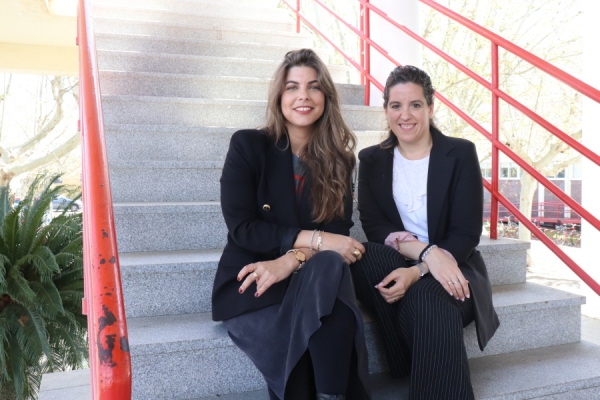Adolescence is a stage of great changes: in addition to the important physical and cognitive transformations that occur during this period, it is from the age of 12 when affective and sentimental erotic interests begin to arise and young people enter into their first romantic relationships. The intensity of the changes that occur during this stage of life and the impact they have on people's subsequent development have meant that adolescence constitutes a field of study of great interest in the social sciences, providing vital information to address problems like violence in young couples, and bullying at schools. Adolescence, however, is much more than a stage of high-risk behaviors; it is also a time featuring opportunities for learning and development that should be viewed positively.
The Coexistence and Violence Prevention Studies Lab (LAECOVI) at the University of Cordoba adopted this positive perspective, rather than the traditional one, focused on problems and risks, in an innovative study focused on understanding how affective competences develop during adolescence and the impact that young people's first relationships have on their acquisition of tools and skills to build healthy bonds. The study concludes that adolescence is also the stage during which romantic relationships are trained, and that adolescents acquire skills over the years as they live new experiences. Understanding adolescence as the testing ground for affective skills is key to design effective intervention programs, which should not only take into account the pitfalls of this stage, and its potential risks, but also the opportunities for learning and change that it entails.
These conclusions were drawn from an analysis of surveys carried out on 2,400 adolescents between the ages of 12 and 18 at 15 Andalusian grade schools and high schools. In order to assess the fluctuations in their answers over time, they completed the survey three times, at least six months apart, reporting on their sentimental experiences and their self-perceptions of their own affective relationships in terms of their capacity for conflict resolution, assertiveness, emotional support, etc. Researcher Noemí Toledano, heading up the study together with Carmen Viejo and Rosario Ortega-Ruiz, in the Department of Psychology, explained that it showed that the way in which affective competences and skills are developed and put into practice in adolescence is not homogeneous, but rather "is influenced by factors such as age and sentimental experience: as they evolve and mature and have more opportunities to learn from their own experiences, they acquire more sentimental competences, such that older adolescents see themselves as more competent than younger ones."
In addition, the study distinguishes between two types of competences, according to one's stage of development: primary and functional affective competences, which correspond to the phase of engaging another person, and based on an intrinsic motivation; and much more complex skills that correspond to the flourishing of the relationship and the development of mutuality. In this way, "there is a progression in the acquisition of skills from the first amorous impulse until the bond is forged," and it is the learning of those skills in their first relationships that makes adolescents feel more able to manage conflicts, express their limits, and understand the desires and needs of their partners.
"We are aware that one can learn throughout adolescence to build relationships and to do so satisfactorily," explained researcher Carmen Viejo, who highlighted that this study is innovative because it offers "a more positive perspective on these relationships, taking an evolutionary view, one of change throughout the adolescent years, in which their self-perceptions of their own relationship skills evolve and improve." In this way, social intervention with adolescents will not only focus on reducing the risks associatedwith romantic relationships, but also on promoting good practices.
Reference: Toledano N., Viejo C., Ortega-Ruiz R. ‘Romantic Competence and Courtship Skills: From the First Romantic Impulse to the Management of Mutuality’. Journal of Adolescence, February 2025. https://doi.org/10.1002/jad.12477


